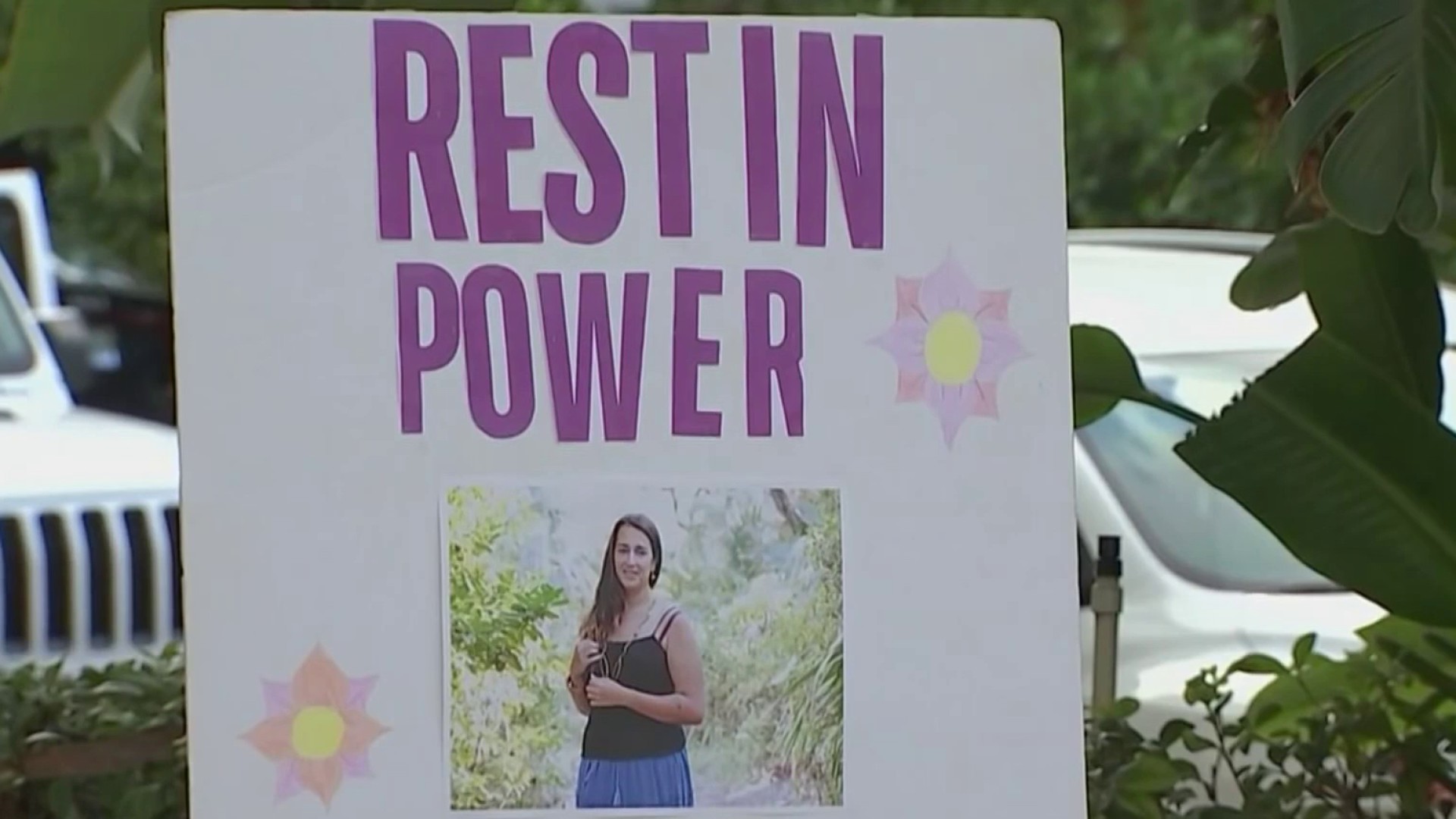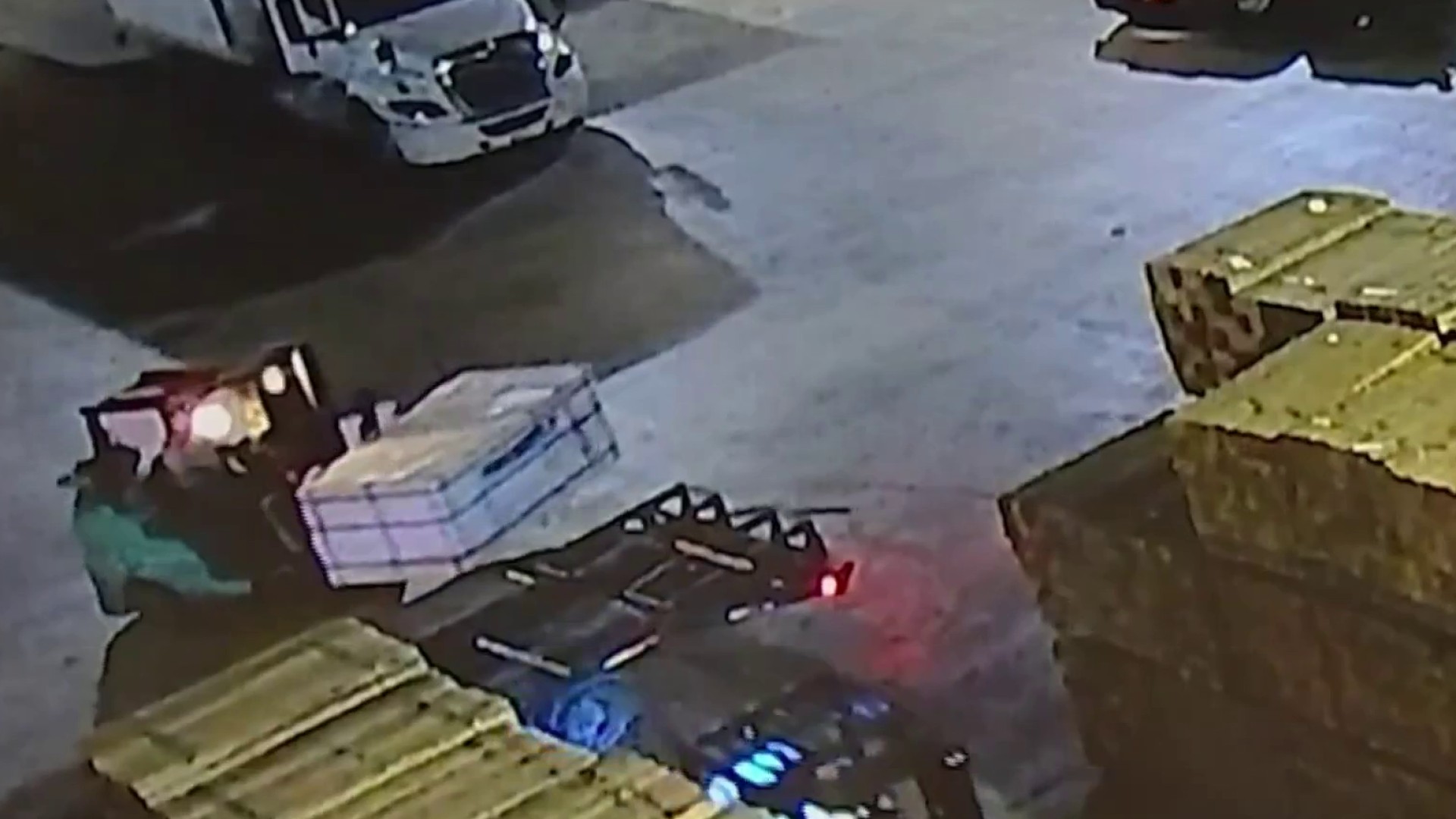The outcry over large companies receiving hundreds of millions in Payroll Protection Program loans originally meant for small businesses was prompted by news reports based on public filings those companies are required to make because the sell stock on public exchanges.
But more than 99% of the companies getting the loans are privately held and do not have to disclose they are benefiting from the now-$650 billion program that will forgive the loans if the companies retain employees for eight weeks.
Sen. Marco Rubio (R-Florida) said Wednesday the names of all entities getting the loan will be made public eventually.
"All that stuff is going to be public one way or the other," Rubio said, adding if the Small Business Administration does not release it, his subcommittee on small business would require it.
That vow comes as the Small Business Administration shut out large banks from the program for eight hours, beginning at 4 p.m. Wednesday, "to ensure special access ... for the smallest lenders and their small business customers."
Lenders, who began submitting applications Monday morning for the second round of PPP loans, have complained they were being shut out of the computer system.
But Rubio, speaking in a virtual town hall arranged by state Rep. Shevrin Jones (D-West Park), said slowing down the process was intentional.
Local
"What they decided to do was create a pacing system where they limited (access to) 350 applications per lender per hour," he said.
Even with the pacing, the program approved about $2 billion in loans an hour, prompting Rubio to warn "I want to be frank with everybody: at some point in the next 3, 4 days they’re going to say we hit" the borrowing limit.
By 1 p.m. Tuesday, Rubio said more than 475,000 loans were approved for an average of about $111,000, indicating the recipients had average payrolls of $44,000 a month. That loan amount average is down from $206,000 for the $342 billion in loans approved before the first batch of money ran out.
Rubio noted that the loans are not forgiven unless the recipients spend 75% of them on payroll.
"In the end, it’s not about helping the companies per se," he said. "And a lot of them probably should not have applied because they had cash reserves. But it's about helping the people making 8, 9, 15, 20 dollars an hour that work for them."



